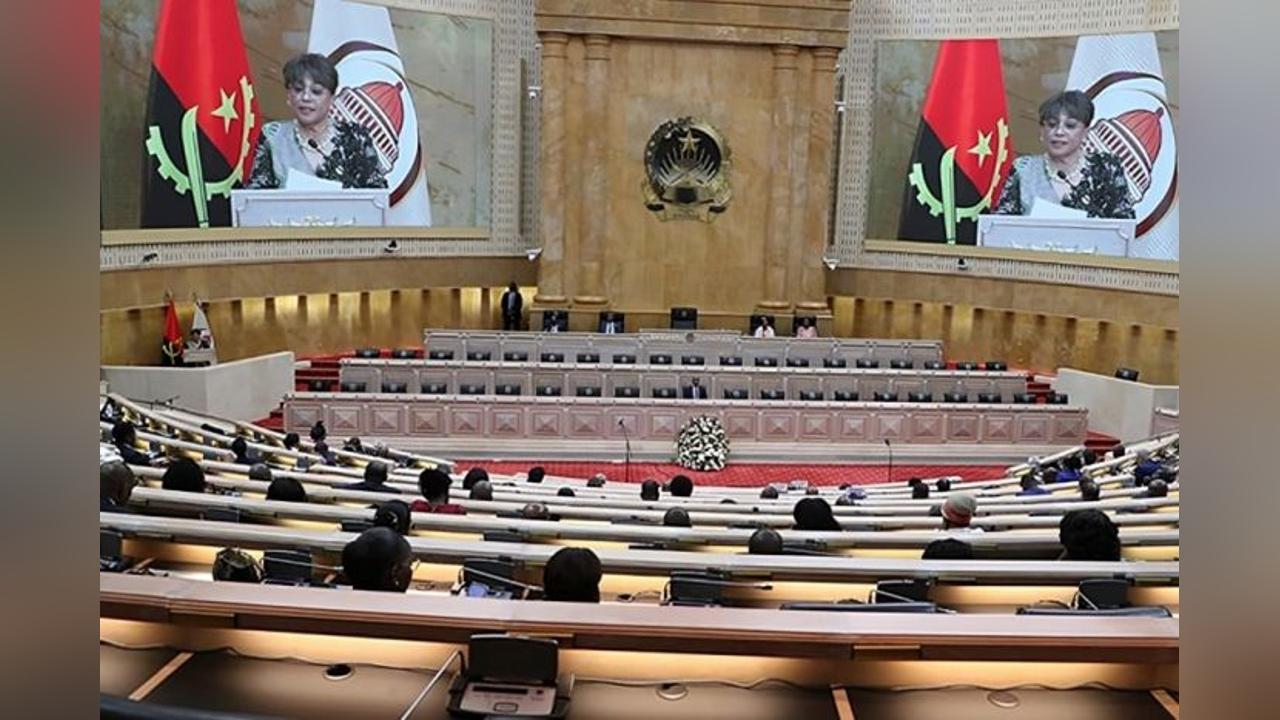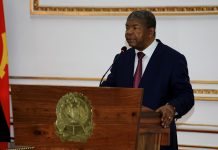Africa-Press – Angola. The proposed amendments to the Official Electoral Registration Law, initiated by the Executive and UNITA, were approved this Wednesday, the 6th, by the specialized committees of the National Assembly, unanimously.
The consensual amendments to the two documents were approved separately, with the Executive’s proposal receiving 53 votes and UNITA’s 50 votes.
The Executive’s proposal, according to the document, aims to make the voter registration process completely unofficial, eliminating in-person registration, and provides for the mandatory submission of the Citizens’ Computer File to the National Electoral Commission, whenever requested, among other changes.
Among the main changes, the proposal foresees universalizing the Identity Card and discontinuing the voter card, which will only be used in the 2027 elections.
According to the document, the Executive will be required to send the FICM to the CNE whenever it requests it, eliminating the fixed annual submission deadline.
According to the document, the proposed amendment to the Official Voter Registration Law is part of a series of initiatives by the Executive to adapt the legal framework to the demands of the electoral process, including amendments to the Organic Law on the Organization and Functioning of the CNE and the Organic Law of the Supreme Court.
The amendment to the Law aims to guarantee the universality, transparency and integrity of the voter registration process, seeking to modernize the system and adapt it to the current reality, according to the Executive.
“The objective is to strengthen confidence in the electoral process and facilitate citizen participation,” the justification states.
Among other things, UNITA’s proposal included Article 3, on universality. This states that all Angolan citizens over the age of 18 have the right to be registered with the BDCM and FICM with accurate and up-to-date identity and residence data, which cannot be changed, without prejudice to any change requested by the interested party.
Article 5, which was also consensual, states that registration of citizens over 18 years of age with the BDCM and FICM is mandatory and free of charge.
Article 8, approved, highlights that the electoral registration of adult citizens is the act of registering the identification details of each citizen aged 18 or over in accordance with other constitutional and legal requirements, for the purpose of exercising the right to vote and be elected.
The unofficial electoral register is conducted by the competent bodies of the State Administration, and is subject to proof of life and the widest possible dissemination for effectiveness purposes, in accordance with the Law.
According to the document, proof of life is in person and consists of certifying the physical existence of the voter and updating the data in the BDCM, FICM and electoral registers.
Article 47, on Disruption of the proper functioning of the BDCM and the FICM, states that anyone who introduces, alters, deletes, damages or suppresses data, computer programs, interferes with the functioning of any system, process or computer program of the BDCM and the FICM, acting with the intention of disrupting its functioning, which prevents the voter from exercising the right to vote, is punished with a prison sentence of two to eight years, pays a fine of 500,000 Kwanzas to 1,000,000 Kwanzas for individuals and 10 billion Kwanzas for companies.
The debates continue on the specialty on Thursday, the 7th, with the Organic Law on the Organization and Functioning of the National Electoral Commission.
For More News And Analysis About Angola Follow Africa-Press






